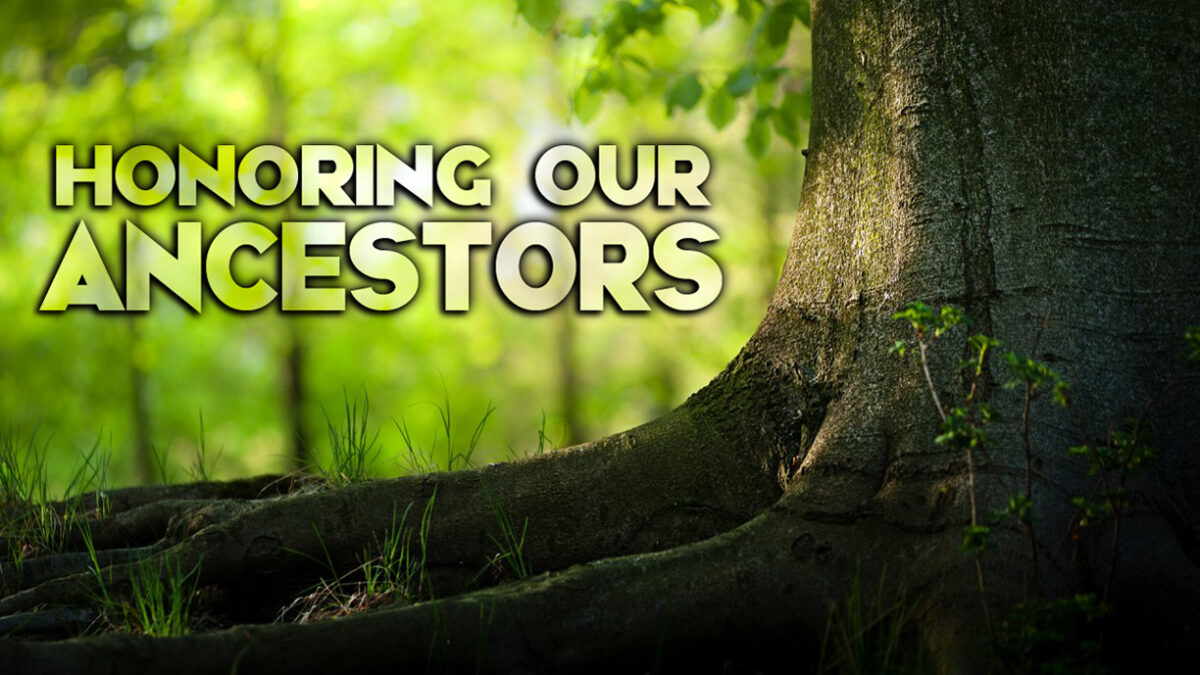Within the rich tapestry of Baha’i teachings, the interplay between spirituality and cultural heritage emerges as a profound narrative theme. Central to this narrative is the reverence for ancestors, particularly within the African Diaspora, an often overlooked yet vital aspect of Baha’i philosophy. The exploration of honoring our ancestors, as articulated in the artistic expressions of Oletha Devane, invites a deeper reflection on identity, memory, and transcendence.
At the heart of Baha’i thought lies the fundamental principle of unity. Unity is not merely a lofty ideal, but a lived reality woven into the very fabric of community life. This doctrine extends seamlessly to the acknowledgment of our forebears, whose lives and stories provide a foundation upon which present and future generations can build. To honor our ancestors is to affirm our roots—those deep, intertwining tendrils that connect the soul’s journey across time and space.
Oletha Devane’s artistic oeuvre serves as a poignant manifestation of this principle. Her work is imbued with a sense of reverence that transcends the boundaries of mere visual representation. The canvases she creates offer a portal into an ancestral realm, allowing viewers to engage in a dialogue that is both intimate and profound. Through her artistry, Devane encapsulates the essence of ancestral wisdom, forging a connection that resonates with Baha’i teachings on the spiritual significance of the past.
Through metaphorical expressions, Devane conjures an image of ancestry as a garden—each ancestor a unique flower contributing to the vibrancy of the whole. Such a garden flourishes under the care of mindful descendants, who nurture not only the blooms of today but also the roots that provide sustenance. This metaphor is especially evocative within the context of African heritage, where oral traditions serve as the lifeblood of communal identity. The Baha’i belief in progressive revelation further enriches this understanding, suggesting that the wisdom of ancestors is not static but evolves, communicating essential truths across generations.
The rich history of Africa, steeped in resilience and cultural dynamism, serves as fertile ground for this exploration. The Baha’i approach to race and unity embraces the diversity of these ancestral narratives—not merely to celebrate them but to illuminate the interconnectedness that binds humanity together. By engaging with the stories and sacrifices of those who came before, individuals can cultivate a jigsaw puzzle of shared history, which is integral to fostering global solidarity and peace.
Moreover, the act of honoring ancestors can also serve as a profound form of spiritual exercise. It invites individuals to reflect upon their own life’s purpose in relation to the larger celestial plan. In recognizing the struggles and triumphs of their ancestors, Baha’is can gain clarity about their roles within the cosmic narrative of existence—a tapestry woven with threads of love, sacrifice, and aspiration. Each story embodies a piece of the divine puzzle, urging contemporary seekers to delve into their narratives with reverence.
Art, particularly the work of Oletha Devane, acts as a vessel for this exploration. Each stroke of her brush is a petition to the collective, an invitation to witness and embrace the complexity of identity shaped by centuries of experience. Her pieces call upon the viewer to engage in a spiritual pilgrimage—a journey that defies the limitations of temporal existence. In each portrait or abstract representation, the spirit of the ancestors dances, reminding the beholder of the intricate web of relationships that defines our collective humanity.
The Baha’i writings emphasize the indispensability of community in this process of honoring. There exists a communal aspect to remembering that invigorates not just personal understanding, but also the collective spirit of the community. To gather in remembrance cultivates a sense of belonging, encompassing both the living and the deceased in a harmonious embrace. Oletha’s art becomes a focal point for such gatherings, where individuals can share stories, engage in reflective meditations, and ultimately reinforce the ties that bind them to both their ancestors and each other.
In addition to the communal aspect, the spiritual significance of honoring African ancestors serves as a conduit for healing. History has shown that the scars of colonialism and displacement often linger in the collective psyche. Engaging with and venerating ancestral narratives becomes an act of reclamation. It is a powerful affirmation of identity, agency, and resilience amidst adversities—echoing the Baha’i commitment to justice and equity.
Furthermore, honoring our ancestors through artistic expression is not merely a tribute; it serves as an educational endeavor. The stories, lessons, and cultural practices of ancestors encapsulate wisdom applicable across epochs. By axiom, the Baha’i belief in the oneness of humanity posits that learning from diverse cultural legacies fosters empathy and understanding. Devane’s work, with its vibrant colors and evocative themes, compels audiences to confront their biases, engage with different perspectives, and emerge more enlightened.
Ultimately, the Baha’i teachings encourage a holistic approach to honoring ancestors—an integration of art, spirituality, community, and healing. Oletha Devane’s artistry stands as a testament to the significance of this journey, a clarion call to honor the past while forging a more unified future. The act of remembering our ancestors is a multifaceted endeavor—an endeavor that allows individuals to traverse the chasm of time, ensuring that the legacies of the past inspire the possibilities of tomorrow.
